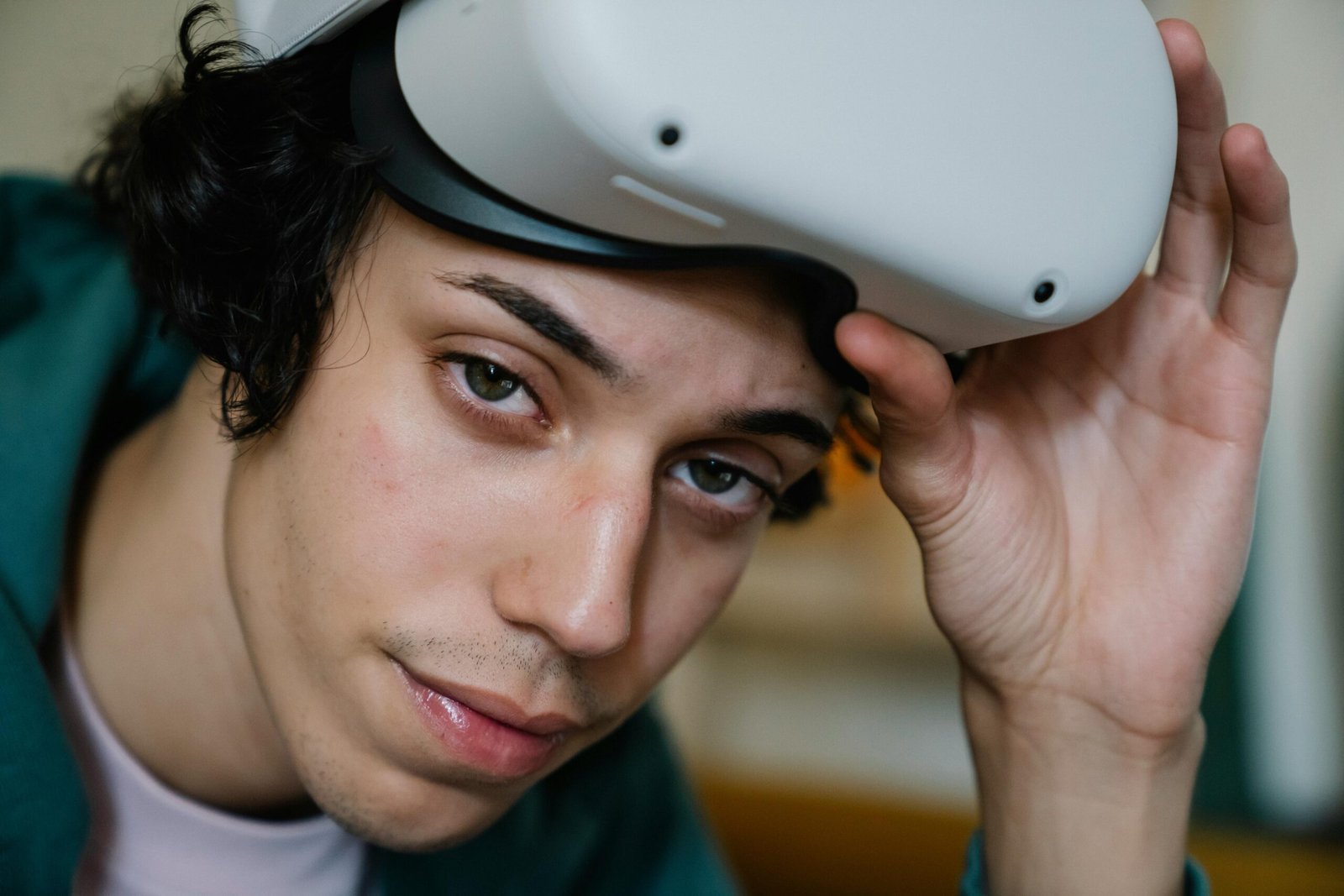Meta’s Quest to Surpass GPT-4: The Development of Llama 3
In the high-stakes world of artificial intelligence development, Meta’s executives and researchers have been laser-focused on surpassing OpenAI’s renowned GPT-4 model. This ambition is vividly illustrated in internal messages revealed during a court proceeding related to one of Meta’s AI copyright cases, Kadrey v. Meta. Ahmad Al-Dahle, Meta’s VP of Generative AI, articulated this mission with fervor in an October 2023 message to Hugo Touvron, a Meta researcher: “Honestly… Our goal needs to be GPT-4.” He emphasized the significance of their resources, stating, “We have 64k GPUs coming! We need to learn how to build frontier and win this race.”
Meta’s Competitive Edge and Rivals
While Meta is known for releasing open AI models, the internal focus was more competitive, targeting rivals like Anthropic and OpenAI who restrict access to their model weights behind APIs. Within Meta, Anthropic’s Claude and OpenAI’s GPT-4 were considered benchmarks for excellence. Interestingly, the internal discourse about Mistral, a major open competitor, was notably dismissive. Al-Dahle remarked, “Mistral is peanuts for us,” underscoring a confidence in surpassing them.
“Mistral is peanuts for us,” Al-Dahle declared with confidence in their internal communications.
{Al-Dahle}
The Race for AI Supremacy
The tech industry is in a relentless race to outdo each other with cutting-edge AI models. The court documents unveil just how competitive Meta’s AI leadership has been — and seemingly remains. Messages exchanged among the team reveal a fierce determination, with some leaders openly expressing that developing Llama 3 was their primary focus. In their pursuit, Meta’s executives were allegedly aggressive in acquiring data necessary for training Llama models, even when it involved copyrighted materials.
Challenges with Dataset Selection
Touvron acknowledged issues with the data mix used for Llama 2, describing it as “bad,” and stressed the importance of improving it for Llama 3. Discussions unfolded about incorporating the LibGen dataset, which includes copyrighted materials from publishers like Cengage Learning and Pearson Education. Al-Dahle pressed further, asking if there were datasets they wanted but couldn’t use “for some stupid reason.”
Zuckerberg’s Vision and Llama 3’s Performance
Meta CEO Mark Zuckerberg has consistently aimed to close the performance gap between Llama models and those from companies like OpenAI and Google. Internal messages reflect the substantial pressure to achieve this goal. In a letter from July 2024, Zuckerberg stated confidently that “this year, Llama 3 is competitive with the most advanced models and leading in some areas.” He expressed optimism that future iterations would become industry leaders.
When Llama 3 was released in April 2024, it indeed stood competitive among leading closed models from tech giants while surpassing open alternatives like Mistral. However, the legality of the datasets used — reportedly approved by Zuckerberg despite copyright concerns — remains a contentious issue under legal scrutiny.



